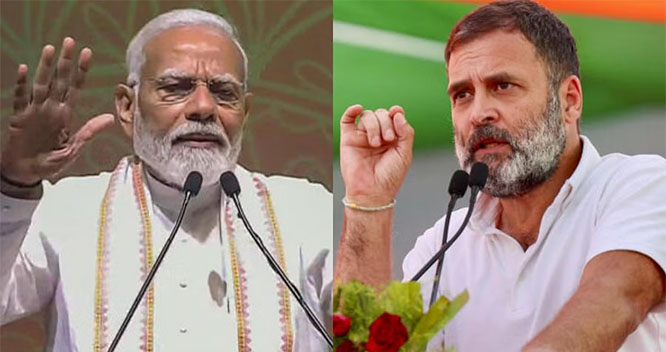Jehanabad, Jan 27: The police here carried out a raid at the ancestral house of anti-CAA activist Sharjeel Imam, who has been slapped with a sedition case in the national capital for alleged inflammatory speeches he gave at Shaheen Bagh and the Jamia Milia Islamia, a senior official said on Monday.
According to Superintendent of Police, Jehanabad, Manish Kumar, Imams house in Kako police station area was raided late on Sunday night following "help sought by central agencies" which are investigating the cases lodged against the JNU research scholar.
Imam was not found at his house but two of his relatives and their driver were detained for interrogation and let off thereafter, the SP said.
A graduate in computer science from IIT-Mumbai, Sharjeel Imam had shifted to Delhi for pursuing research at the Centre for Historical Studies, JNU.
He was slapped with a sedition case after his alleged speeches went viral on the social media wherein he was heard speaking about Assam's possible secession from the country in the wake of the Citienship (Amendment) Act (CAA).
Earlier, he had been booked on similar charges at a police station in Aligarh for a speech he delivered on the AMU campus.
Besides, a case under the stringent anti-terror law UAPA has been registered against him at Assam.
Imams late father Akbar Imam was a local JD(U) leader who had unsuccessfully contested an assembly election in his lifetime.
Reacting to the developments, his distraught mother Afshan Rahim told the media, "My son is innocent. He is a bright young man and not a thief or a pickpocket. I swear in the name of God that I do not know about his whereabouts. But I can guarantee that upon learning about the cases, he will appear before the investigating agencies and fully cooperate in the probe."
She said that it has been a long time since she met her son though she had a telephonic conversation with him a few weeks ago.
"He was obviously disturbed by the CAA and fears of the National Register of Citiznes (NRC) about being implemented across the country which, he said, would affect not just Muslims but all poor people," she said.
In fact, after 15 days of Shaheen Bagh protest, he had asked the agitators there to withdraw and watch the situation for a month, and then decide on the further course of action, she said. "But they refused to relent. He was calling for a 'chakkajam' (road blockade). He is just a kid and not capable of instigating people for secession," she added.








Comments
Add new comment